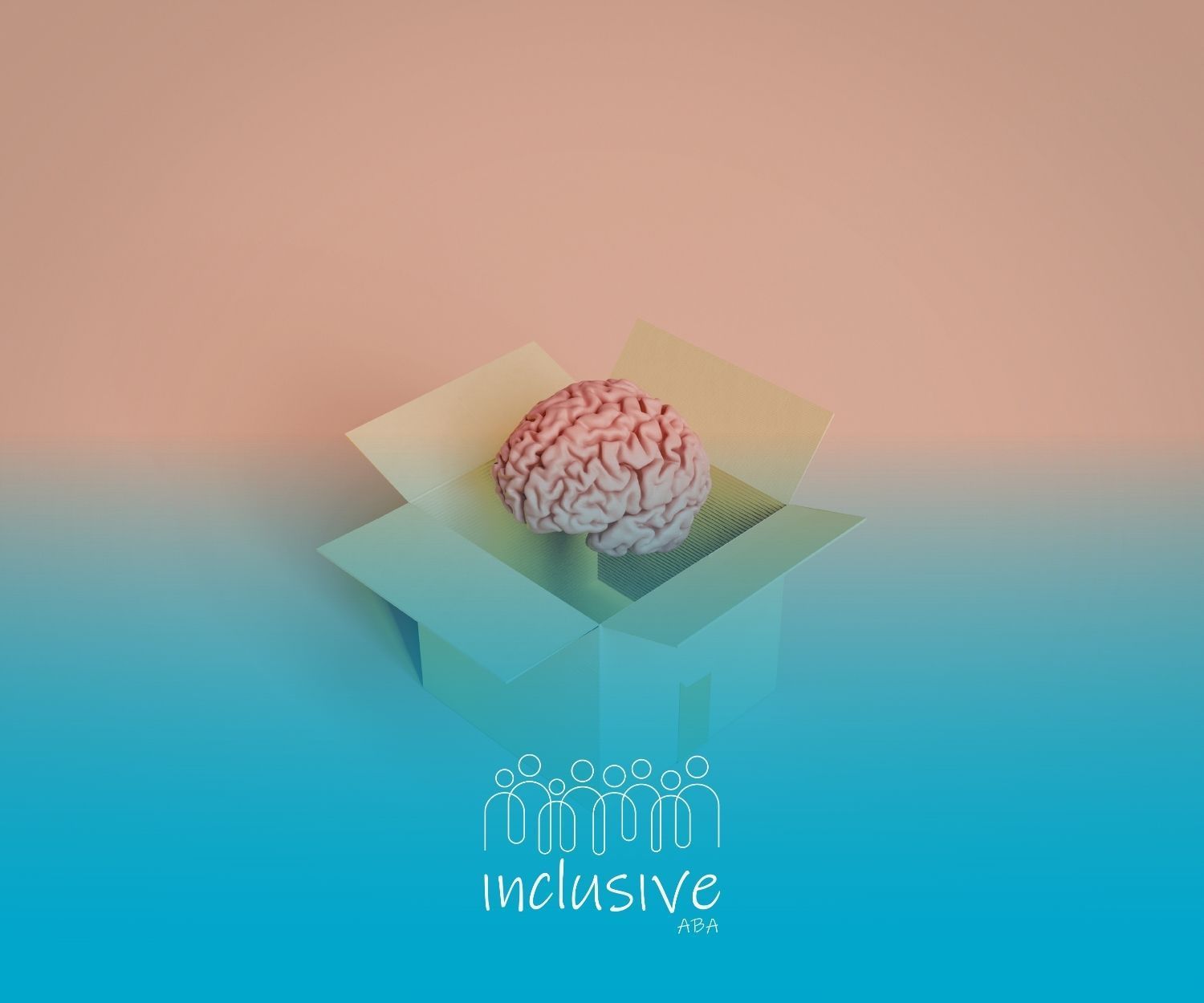Does ABA Therapy Influence IQ Levels?
ABA therapy has transformed autism services by offering structured, goal-based interventions. But how deep do its benefits go? Specifically, can it help raise IQ levels in children with autism? We explore the latest findings and what they mean for early intervention.
ABA Therapy's Role in Autism Spectrum Disorders
ABA therapy has a crucial role in helping with the developmental delays that come with autism spectrum disorder (ASD). Its special strategies help improve communication, adaptive behavior, and how people engage socially. By using behavior analysis, ABA makes learning easier for individuals with autism.
Early intervention boosts the effectiveness of ABA and gives the best chances for social and cognitive growth. The programs are customized to fit the unique needs of autistic children. This ensures that important skills not only improve but also become part of their everyday lives.
How ABA Therapy is Tailored for Autism
ABA therapy is tailored to meet the unique needs of autistic children. It focuses on their strengths and the challenges they face. Therapists carry out thorough assessments to create personalized programs. These programs help in improving areas like communication, social skills, and adaptive behaviors.
For autistic children, these individual plans highlight techniques such as early modeling and positive reinforcement. These approaches help them learn essential tasks. This includes improving verbal communication and social skills, like making eye contact and understanding social cues.
The ABA philosophy also values early intervention, as it takes advantage of key times in brain development. Starting early allows autistic children to use effective learning strategies. This gives them a strong base for ongoing progress in many areas throughout their lives.
Benefits of ABA for Autistic Children
ABA therapy greatly improves social skills by creating structured places for kids to practice talking and playing with others. With support and practice, autistic children gain confidence in starting conversations and understanding social cues.
Language skills also improve thanks to ABA's flexible teaching methods. This helps individuals express themselves better, whether by talking or using tools like picture exchange cards. Better communication builds connections and supports emotional well-being.
The benefits of ABA go beyond the classroom. The therapy helps children live better lives. It teaches them to be more independent, learn important self-care skills, and connect with their communities in meaningful ways.
Cognitive Development and IQ in Autism
IQ and cognitive growth in autism tell a complex story that varies among different individuals. Some people have outstanding skills in certain areas, while others struggle. ABA therapy helps by filling in developmental gaps, particularly in problem-solving and communication.
For autistic individuals, early tests of their intellectual abilities are important for setting up support plans. Recognizing their strengths and weaknesses makes sure that programs make the best use of ABA’s ability to provide resources for promoting real cognitive development.
Defining IQ and Its Importance in Autism
IQ levels are just one part of understanding an individual’s abilities in the autism spectrum. The intelligence quotient can show where a person may be strong or weak. However, we must look at the child's overall development when we review the scores.
For individuals with autism, IQ testing can show areas where extra help is needed. Some autistic children score around average, while others may shine in specific areas like pattern recognition. In these cases, special programs can help bring out their skills.
A good assessment includes valuable insights from IQ tests, observations of behavior, and developmental milestones. This approach makes sure that the therapy plans really match their daily challenges and goals.
Factors Influencing IQ in Autistic Individuals
Brain development plays a big role in the cognitive abilities and IQ distribution of people with autism. Early help, like ABA therapy, can tackle difficulties that arise from this area.
Environmental factors, such as support from family and access to therapy, also affect intellectual outcomes. Structured programs work on weaknesses while promoting hidden intellectual abilities.
Moreover, differences in diagnostic tools lead to various IQ profiles. Custom methods used with ABA techniques offer better and more meaningful ways to measure cognitive growth.
Impact of ABA on Cognitive Skills and IQ
ABA therapy helps boost IQ by improving important cognitive skills. This method encourages children with autism to learn in a consistent way. It helps them handle complex tasks better.
Studies in public health show significant improvements in IQ levels after intense programs. These studies support the idea that ABA plays a key role in guiding the intellectual growth of autistic children. It also opens the door for new research opportunities.
How ABA Targets and Enhances Cognitive Abilities
ABA programs focus on important areas that help improve thinking skills. These areas include attention, memory, and problem-solving. Using specific methods helps change cognitive profiles for better results.
Adaptive behavior is very important in this improvement. Teaching children to make choices and learn in different ways promotes independence. It also helps them understand things better.
By celebrating small wins, ABA therapy slowly changes how kids think. This approach guides children towards better social, academic, and practical results.
Evidence from Recent Studies on ABA's Effectiveness
Recent studies show how effective ABA therapy can be for helping autistic children. The findings suggest that autism interventions really boost communication skills, social skills, and adaptive behavior. This leads to a higher quality of life for these kids.
These studies also show how helpful it can be to address challenging behaviors when the therapy is adjusted to meet unique needs.
The ways data is collected, like longitudinal studies and case analyses, help us see how early intervention can support cognitive development and potentially improve IQ levels over time.
Conclusion
ABA therapy continues to play a significant role in supporting the developmental journey of autistic children, including improvements in communication, behavior, and—potentially—cognitive growth. While IQ is just one part of a much larger picture, research suggests that structured, personalized ABA interventions can positively impact how children learn, process information, and build independence.
At Inclusive ABA, we believe in evidence-based practices that respect each child’s individuality. Our goal is not only to support cognitive gains but also to nurture confidence, autonomy, and well-being.
If you’re looking for compassionate, customized ABA therapy that empowers your child to thrive, Inclusive ABA is here to help—because every child deserves to grow with support that honors who they are.
Frequently Asked Questions
Is there a guaranteed improvement in IQ with ABA?
ABA therapy can help improve different thinking and behavior skills. However, it does not guarantee a rise in IQ. Each person's progress is different. This difference depends on factors like the child's surroundings, the level of difficulties they face, and how regular the therapy is.
How long does it take to see changes in IQ with ABA?
The time it takes to see changes in IQ from ABA therapy can be very different for each person. Some people might see improvements in just a few months. For others, it could take years. Staying consistent with the therapy and personal factors can greatly influence how fast someone makes progress.
Can ABA therapy be combined with other forms of treatment?
Yes, ABA therapy can work well with other types of therapy, like speech or occupational therapy. This approach helps meet different needs and supports overall growth in people, especially those with autism spectrum disorder.
Sources:
- https://pmc.ncbi.nlm.nih.gov/articles/PMC9058071/
- https://pmc.ncbi.nlm.nih.gov/articles/PMC9839551/
- https://www.kcl.ac.uk/archive/news/ioppn/records/2018/march/high-iq-autistic-people-learn-social-skills-at-a-price
- https://publications.aap.org/pediatrics/article/148/6/e2020049899/183390/IQ-in-Autism-Spectrum-Disorder-A-Population-Based
- https://www.thetransmitter.org/spectrum/autism-features-may-vary-with-intelligence/
Looking for Expert Help? We're Here for You!
Our compassionate and skilled team is devoted to enhancing your child's development through customized ABA therapy. Let us partner with you to create a supportive environment for your child's success.
Discover how we can help your family thrive with expert ABA therapy.
Related Posts







